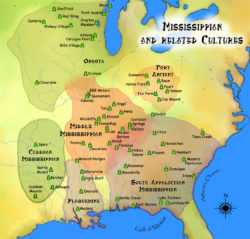Business & Industry
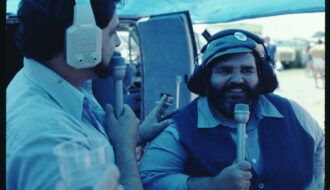
Paul Prudhomme
An unofficial cultural ambassador for Louisiana beginning in the 1970s, Paul Prudhomme was a Cajun chef, restauranteur, author, television star, and entrepreneur.

An unofficial cultural ambassador for Louisiana beginning in the 1970s, Paul Prudhomme was a Cajun chef, restauranteur, author, television star, and entrepreneur.
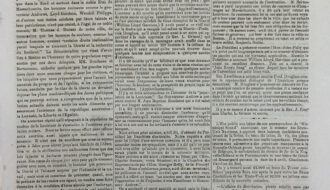
Paul Trévigne, a free man of color, was an editor, teacher, and orator who advocated for civil rights in the nineteenth and early twentieth centuries.
The creators of the Pelican Bowl had high hopes that the event would become a holiday season college football tradition, but poor attendance and the lack of a television broadcast deal led to its swift demise.
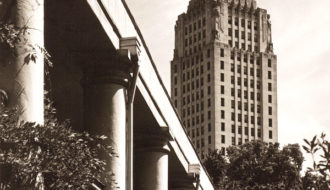
Built in 1819 as a fortification against the Spanish and slave insurrections, today the Pentagon Barracks house a museum, apartments, and the lieutenant governor's office.
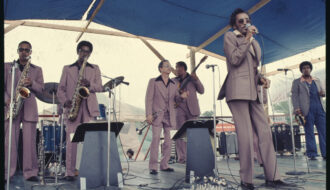
Percy Mayfield was a renowned R&B songwriter with hits including “Hit the Road, Jack” and “Please Send Me Someone to Love.”
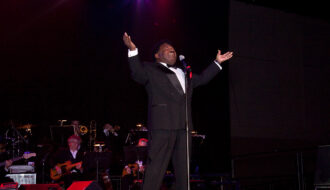
Rock and Roll Hall of Fame inductee Percy Sledge recorded soul music hits in the 1960s, including the iconic “When a Man Loves a Woman.”
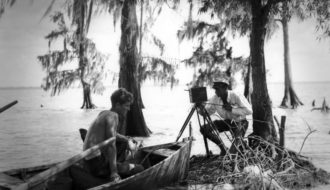
Native-born and out-of-state photographers alike have been drawn to Louisiana's swamps and bayous, its historic architecture, its Cajun and Creole cultural traditions, and its diverse and complex society.
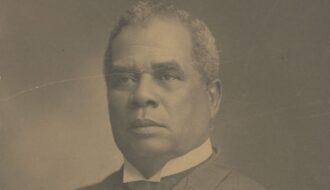
Born enslaved in Ascension Parish, Pierre Caliste Landry became the first Black mayor in the United States in 1868.
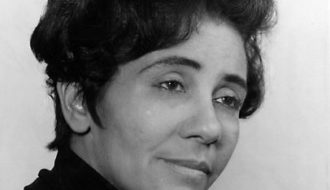
Celebrated poet and educator Pinkie Gordon Lane was Louisiana’s first Black poet laureate.
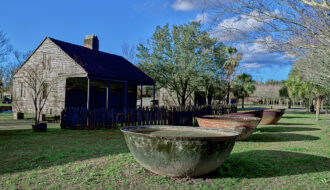
Enslaved people endured brutal conditions on sugarcane and cotton plantations during the antebellum period.

During the antebellum period, Louisiana relied on the forced labor of enslaved people to work sugar and cotton plantations.
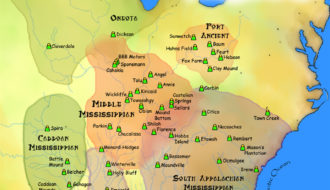
This entry covers the Plaquemine culture in the Lower Mississippi River Valley during the Mississippi period, 1200 to 1700 CE
One-Year Subscription (4 issues) : $25.00
Two-Year Subscription (8 issues) : $40.00
